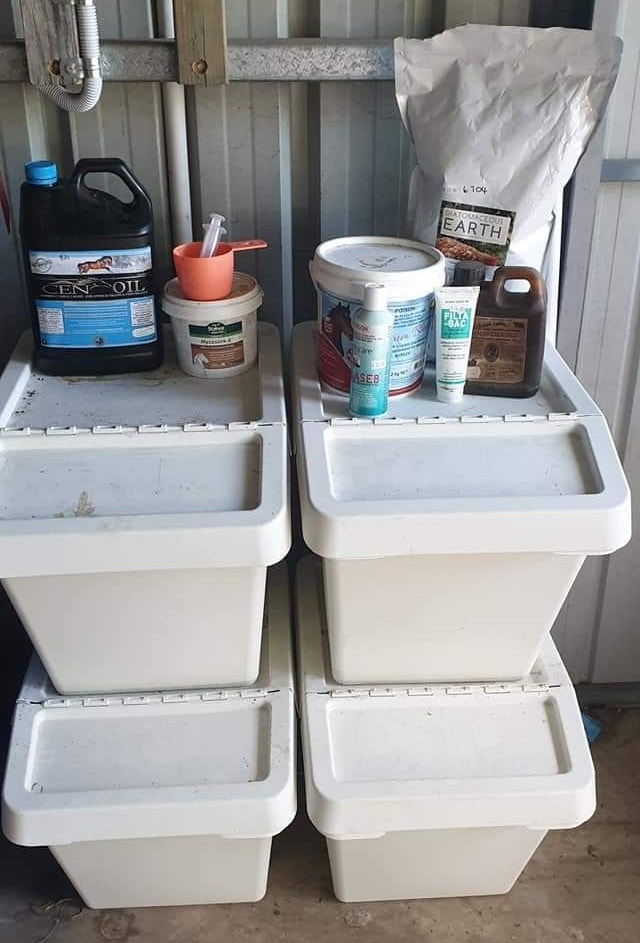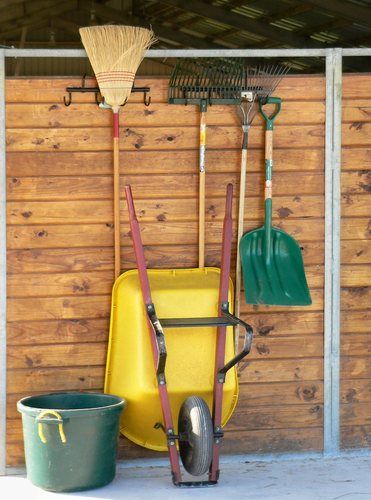Proper Medication Storage in Your Horse’s Barn Settings

Proper medication storage is crucial for maintaining the health and safety of your horses. Incorrect storage can lead to reduced effectiveness of medications, potential health risks, and even legal issues. This article will guide you through best practices for storing medications in your barn, ensuring they remain safe and effective.
Why Proper Medication Storage Matters

Medications can degrade if exposed to improper conditions such as extreme temperatures, moisture, or sunlight. This degradation can make treatments less effective or even harmful. Additionally, improper storage increases the risk of accidental ingestion by animals or unauthorized persons.
Ideal Storage Conditions

| Condition | Recommendation | Reason |
|---|---|---|
| Temperature | Store between 15°C and 25°C (59°F-77°F) | Prevents degradation and maintains potency |
| Humidity | Keep in a dry place, below 60% humidity | Avoids mold growth and medication spoilage |
| Light Exposure | Store in a dark or opaque container | Protects light-sensitive medications |
| Accessibility | Secure storage away from animals and children | Prevents accidental ingestion |
Types of Medications and Specific Storage Needs
- Oral Medications: Usually require cool, dry storage.
- Injectables: Often need refrigeration; check label instructions.
- Topical Treatments: Store in a cool, shaded area to maintain consistency.
Organizing Your Medication Storage Area
- Use labeled containers or bins to separate different types of medications.
- Maintain an inventory list with expiration dates.
- Regularly clean the storage area to prevent contamination.
Safety Tips
- Keep medications in locked cabinets or boxes.
- Dispose of expired or unused medications properly.
- Avoid storing medications near feed or water sources.
Frequently Asked Questions (FAQ)
Q1: Can I store horse medications in my home refrigerator?
A: Only if the medication label specifies refrigeration. Otherwise, store at room temperature as recommended.
Q2: How often should I check expiration dates?
A: Regularly, at least once a month, to ensure no expired medications are used.
Q3: What should I do with expired medications?
A: Dispose of them according to local regulations or return them to a veterinary clinic for safe disposal.
Conclusion
Proper medication storage in your horse’s barn is essential for effective treatment and safety. By following these guidelines, you can ensure your medications remain potent and your horses stay healthy.
For more detailed guidance, consult your veterinarian or equine health specialist.
